
Allied Health courses in Sydney
Course providers in Sydney
The following providers offer Allied Health courses in Sydney.


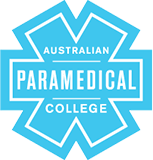
















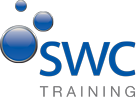

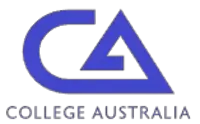







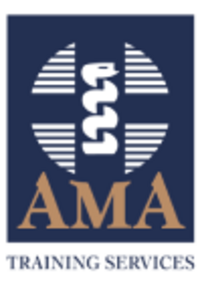






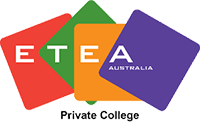





















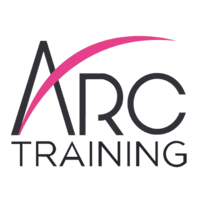
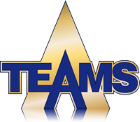






Career Pathfinder
Skills shortages + AI Exposure
Discover in-demand careers and understand how each role may be impacted by AI and automation.
- See in-demand occupations across Australia
- Check AI Exposure ratings
- Compare training duration and average income
Common questions
Occupational therapists help patients perform tasks in daily life, while physiotherapists help patients improve their movement, strength and function. The term occupation refers to everyday life tasks, while physiotherapy refers to physical therapy. Both are science-based allied health roles that aim to improve quality of life through prevention, maintenance and treatment.
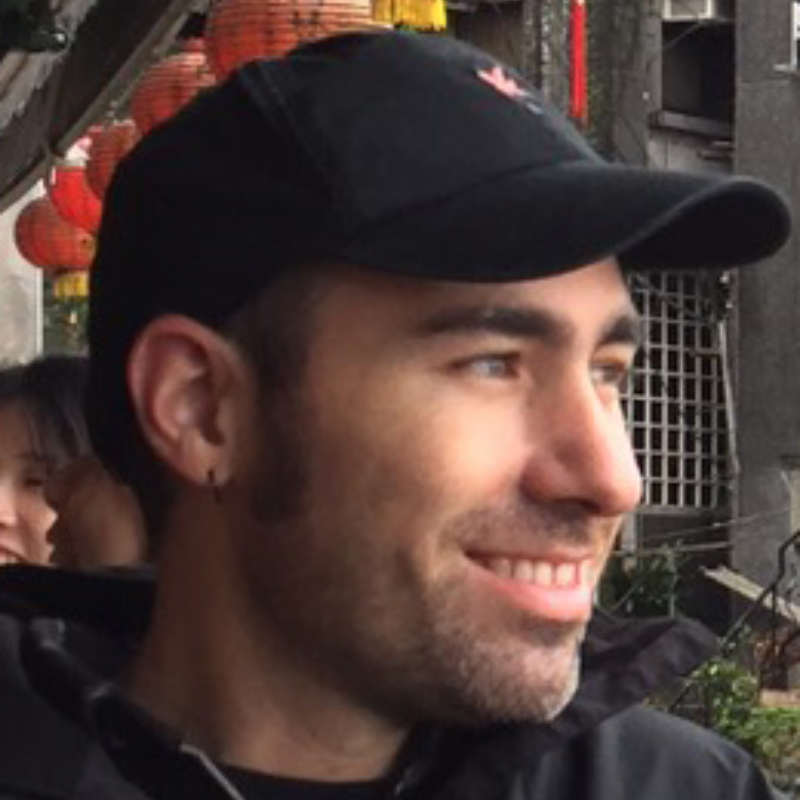 Stephen Charlton
Stephen Charlton
You can become qualified to work as an occupational therapist by completing one of the following degrees, depending on your educational pathway:
- Master of Occupational Therapy (postgraduate degree)
Average duration: 24 months - Bachelor of Occupational Therapy (Honours)
Average duration: 4 years - Bachelor of Occupational Therapy
Average duration: 4 years
 Stephen Charlton
Stephen Charlton
You can become qualified to work as a physiotherapist by completing one of the following degrees, depending on your educational pathway:
- Doctor of Physiotherapy (postgraduate degree)
Average duration: 3 years - Master of Physiotherapy (postgraduate degree)
Average duration: 24 months - Bachelor of Physiotherapy (Honours)
Average duration: 4 years - Bachelor of Physiotherapy
Average duration: 4 years
 Stephen Charlton
Stephen Charlton
Yes, you need to complete an accredited degree to work legally as an occupational therapist or physiotherapist in Australia. The two core pathways are completing a bachelor’s degree or a postgraduate degree. The Occupational Therapy Council of Australia and Australian Physiotherapy Council are responsible for accrediting such courses.
 Stephen Charlton
Stephen Charlton
Yes, overseas-qualified practitioners can work in Australia by registering with the Occupational Therapy Board of Australia or Physiotherapy Board of Australia. Practitioners who are currently registered with the Occupational Therapy Board of New Zealand or Physiotherapy Board of New Zealand can apply directly for Australian registration. Other overseas-qualified practitioners have to fulfil the requirements listed on the relevant webpages of the Occupational Therapy Board of Australia and Physiotherapy Board of Australia.
 Stephen Charlton
Stephen Charlton
If you have already completed an approved degree in a different discipline, you can gain an accredited postgraduate degree to become qualified to work as an occupational therapist or physiotherapist. Examples of such degrees are a Master of Occupational Therapy, Master of Physiotherapy and Doctor of Physiotherapy. Postgraduate degrees in these fields may have additional entry requirements, including but not limited to health-related prerequisite subjects.
 Stephen Charlton
Stephen Charlton
In some cases, completing vocational education and training (VET) in a related discipline can allow you to meet the entry requirements for a bachelor’s degree in these fields. Entry requirements vary between educational providers. Some providers offer a VET entry pathway with a minimum of a Certificate IV, but others require a minimum of a diploma or advanced diploma. Some providers do not offer a VET pathway for these courses at all. Therefore, it’s wise to confirm the entry requirements for your desired bachelor’s degree before starting a VET course.
 Stephen Charlton
Stephen Charlton
In addition to completing an accredited degree, occupational therapists and physiotherapists will need to register with the Occupational Therapy Board of Australia or Physiotherapy Board of Australia to work in Australia. The Australian Health Practitioner Regulation Agency (AHPRA) administers practitioner registration on behalf of these boards. There are different requirements to gain registration for Australian-qualified practitioners, New Zealand-registered practitioners, and other overseas-qualified practitioners.
 Stephen Charlton
Stephen Charlton
Career paths for these professions include independent contracting, starting a practice, working in community care, paediatrics, mental health, rehabilitation, disability, medical or aged care sectors).
 Stephen Charlton
Stephen Charlton
Jobs and Skills Australia reports that the median full-time weekly earnings for occupational therapists and physiotherapists in 2024 are $1,526 and $1,710, respectively. These figures can be contrasted with Australian workers of all occupations, who earn a median full-time weekly income of $1,697.
 Stephen Charlton
Stephen Charlton
There is a significant demand for occupational therapists across Australia. Jobs and Skills Australia’s Occupation Shortage List indicates that the labour market had a shortage of occupational therapists across all states and territories from 2022 to 2024.
 Stephen Charlton
Stephen Charlton
There is substantial demand for physiotherapists in Australia. Jobs and Skills Australia’s Occupation Shortage List indicates that the labour market experienced a shortage of occupational therapists and physiotherapists in most states and territories from 2022 to 2024.
 Stephen Charlton
Stephen Charlton
Working as an occupational therapist or physiotherapist comes with the satisfaction of directly helping to improve patients’ quality of life. Furthermore, the job market is promising, as Jobs and Skills Australia reports there is significant labour market demand for both professions. The future outlook is also positive, as Jobs and Skills Australia reports that the annual employment growth in 2024 for occupational therapists and physiotherapists is 2,200 and 4,100, respectively.
 Stephen Charlton
Stephen Charlton
Further reading


What can you do with a Certificate IV in Allied Health Assistance (Physiotherapy)?
3rd March 2022
What can you do with a Certificate III in Allied Health Assistance?
8th January 2020All courses
- HLT33021 Certificate III in Allied Health Assistance
- HLT47321 Certificate IV in Health Administration
- CHC43315 Certificate IV in Mental Health
- CHC53315 Diploma of Mental Health
- HLT52021 Diploma of Remedial Massage
- HLT41120 Certificate IV in Health Care
- HLT54121 Diploma of Nursing
- Graduate Certificate in Global Health
- HLT43015 Certificate IV in Allied Health Assistance
- BSB40215 Certificate IV in Business (Dental Practice Managers)
- Bachelor of Science (Genetics and Genomics)
- Bachelor of Health Science
- Master of Sports Medicine
- HLT33021 & HLT43021 Dual Certificate III in Allied Health Assistance & Certificate IV in Allied Health Assistance
- HLT43015 Certificate IV in Allied Health Assistance (Occupational Therapy)
- HLT43015 Certificate IV in Allied Health Assistance (Nutrition and Dietetics)
- Biomedical Science (Exercise and Health)
- 11031NAT Course in Ear Wax Removal (Microsuction)
- Integrating Mental Health Practice Skill Set
- Master of Social Work
- Graduate Certificate in Sports Medicine
- CHCCCS020 Respond Effectively to Behaviours of Concern
- HLT47715 Certificate IV in Medical Practice Assisting
- CHCGRP002 Plan and conduct group activities
- Bachelor of Physiotherapy (Honours)
- Bachelor of Exercise and Sport Science
More about Allied Health courses
If you are looking to pursue a career in the Allied Health sector in Sydney, you have come to the right place. With 47 courses available in this dynamic field, there's something for everyone, whether you are just starting out or seeking to advance your skills. For beginners, popular options include the Certificate III in Allied Health Assistance and the Certificate III in Individual Support (Disability). If you have prior experience, you can explore advanced courses like the Diploma of Mental Health or the Master of Occupational Therapy.
Studying Allied Health in Sydney opens up a world of opportunities in diverse job roles, such as Mental Health Worker, Remedial Massage Therapist, or Health Assistant. With offerings from esteemed training providers like ACU and The University of Sydney, you can be assured of quality education. Providers such as UOW and Western Sydney University also offer excellent qualifications that are highly regarded in the industry.
In addition to the comprehensive courses, there are specific study areas available for learners to specialise in, such as Psychology, Nursing, and Drug and Alcohol Testing. This tailored approach allows you to align your studies with your career aspirations and areas of interest. Furthermore, for those interested in hands-on learning, campus-based providers like Signet Institute of Australia and IHNA offer an immersive educational experience right in Sydney.
Whether you are starting your career or continuing your education in the vibrant Allied Health industry, the diverse courses available in Sydney, like the Perform Electrocardiography course, are designed to equip you with the necessary skills. As you navigate through the extensive choices, ensure to check out all available qualifications and providers within this page - Allied Health Courses in Sydney. This is your opportunity to make a significant impact in your community while advancing your professional goals in the Allied Health sector.
